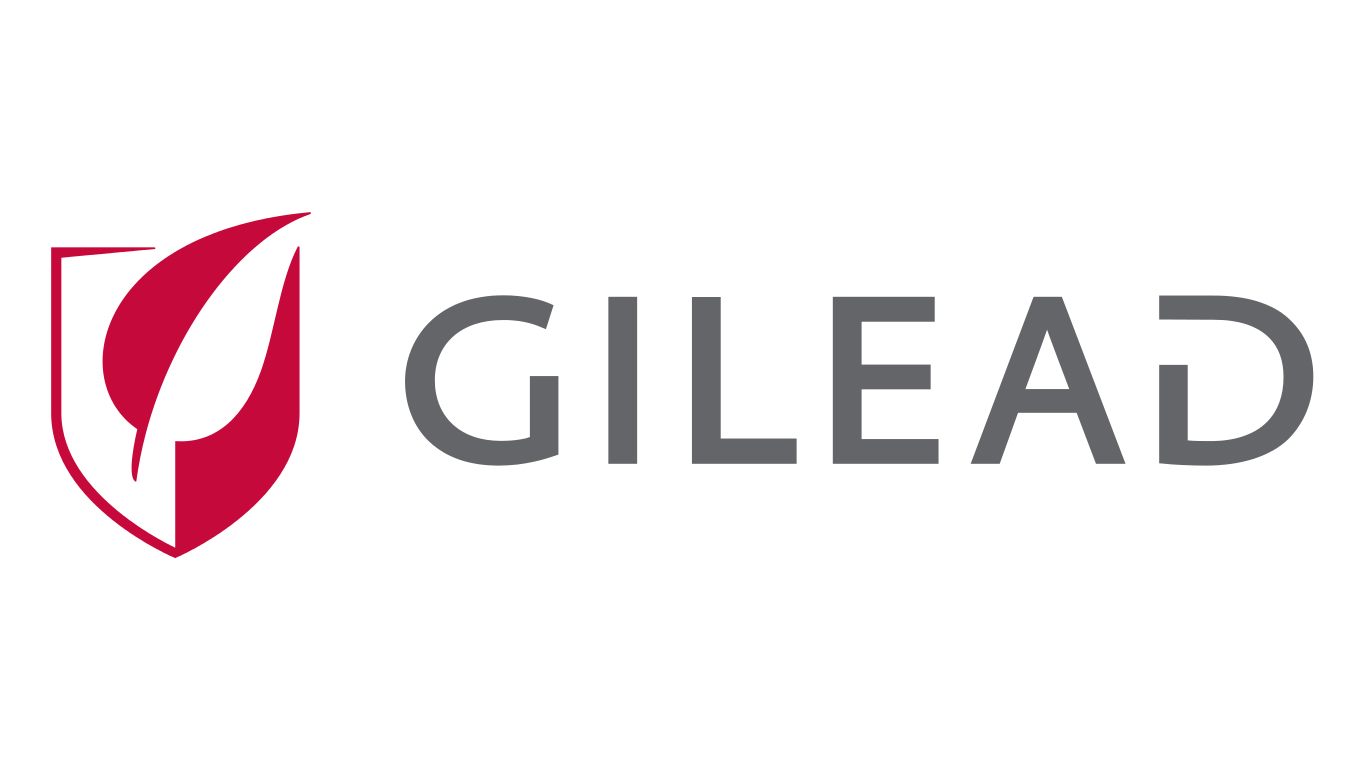Health and Healthcare
Goldman Sachs Crushes Value and Turnaround Hopes of Gilead Sciences

Published:
Last Updated:

Gilead Sciences Inc. (NASDAQ: GILD) quite recently has been considered as both a value stock and as a turnaround candidate for long-term views. Goldman Sachs has muted that upside view by downgrading Gilead Sciences to Sell from Neutral and lowering its price target to $60 from $70.
All in, Goldman Sachs’ Terence Flynn sees 10% downside rather than an average upside of about 17% from most analysts. Flynn is worried about the upcoming loss of exclusivity over two HIV drugs made by Gilead, and the analyst is worried about the firm having a very limited pipeline in the mid to late stages with a limited portfolio of drugs under development.
The Goldman Sachs report also noted that the company has seen some setbacks from drug studies of late. On the HIV aspect, the worry is about the upcoming exclusivity of Truvada and Atripla at a time when rival GlaxoSmithKline is set to release a long-acting injectable treatment for HIV in the next year.
Just last week, Citigroup upgraded Gilead Sciences to Buy from Neutral with a $78 price target. The analyst there sees value driving the cart after multiple quarters of shares not performing well. Gilead shares traded at $66.96 after that call, in a 52-week range of $60.32 to $79.61 and with a consensus target price of $80.51.
On May 21, Credit Suisse initiated coverage with a Neutral rating, but its $70 price target still offered some implied upside. Late in April, Bernstein issued an Outperform rating with an $82 price target.
While Gilead is often considered one of the top screens for value investors at under 10 times earnings, investors also understand that being “cheap” is usually for a reason.
Short sellers also have recently increased their bets on downside for Gilead, along with other major biotechs.
Gilead Sciences was last seen trading down 2.8% at $65.01 on Tuesday, and the consensus target price of $80.51 had not yet reflected of the downgrade.
The average American spends $17,274 on debit cards a year, and it’s a HUGE mistake. First, debit cards don’t have the same fraud protections as credit cards. Once your money is gone, it’s gone. But more importantly you can actually get something back from this spending every time you swipe.
Issuers are handing out wild bonuses right now. With some you can earn up to 5% back on every purchase. That’s like getting a 5% discount on everything you buy!
Our top pick is kind of hard to imagine. Not only does it pay up to 5% back, it also includes a $200 cash back reward in the first six months, a 0% intro APR, and…. $0 annual fee. It’s quite literally free money for any one that uses a card regularly. Click here to learn more!
Flywheel Publishing has partnered with CardRatings to provide coverage of credit card products. Flywheel Publishing and CardRatings may receive a commission from card issuers.
Thank you for reading! Have some feedback for us?
Contact the 24/7 Wall St. editorial team.